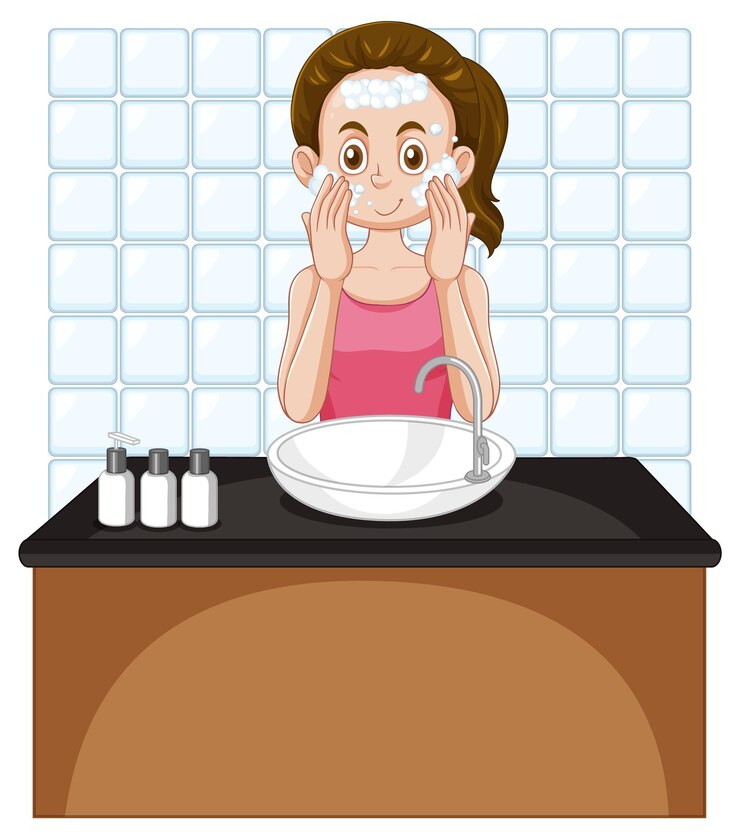
Demystifying Seborrheic Contact Eczema: Causes, Symptoms, and Treatments
Introduction:
Seborrheic contact eczema may sound complex, but understanding its causes, symptoms, and triggers can help you manage it better. Let’s dive into what seborrheic contact eczema is all about and explore promising treatments and future directions for tackling this skin condition.
Understanding Seborrheic Contact Eczema: Seborrheic contact eczema is a type of skin inflammation characterized by redness, itching, and flaking. It usually affects oily areas of the skin like the scalp, face, and chest. This condition is believed to be caused by a combination of genetic, environmental, and immune system factors.
Causes and Symptoms:
- Genetic Predisposition: Some individuals may have a genetic predisposition to seborrheic contact eczema, making them more susceptible to developing the condition.
- Environmental Triggers: Exposure to certain environmental factors, such as allergens, irritants, and microbial agents, can trigger flare-ups of seborrheic contact eczema.
- Immune System Dysfunction: Dysregulation of the immune system may contribute to the development of seborrheic contact eczema, leading to inflammation and skin irritation.
- Symptoms: Common symptoms of seborrheic contact eczema include redness, itching, flaking, and greasy or scaly patches on the skin. These symptoms may come and go, with flare-ups occurring periodically.
Promising Treatments and Future Directions:
- Topical Corticosteroids: Topical corticosteroids are commonly used to reduce inflammation and itching associated with seborrheic contact eczema. New formulations and delivery methods are being developed to enhance efficacy and minimize side effects.
- Antifungal Agents: Antifungal agents can help control yeast overgrowth on the skin, which is often implicated in seborrheic contact eczema. Research is ongoing to develop more potent and targeted antifungal treatments.
- Immunomodulatory Therapies: Immunomodulatory therapies aim to modulate the immune system’s response to reduce inflammation and prevent flare-ups of seborrheic contact eczema. Biologic agents and small molecule inhibitors are under investigation for their potential in treating this condition.
- Personalized Treatment Approaches: Advances in genetic testing and biomarker identification may enable the development of personalized treatment approaches for seborrheic contact eczema, tailored to individual patient characteristics and needs.
Conclusion:
While seborrheic contact eczema can be challenging to manage, understanding its causes, symptoms, and triggers is the first step toward effective treatment. With ongoing research and advancements in treatment options, there is hope for improved outcomes and better quality of life for individuals living with this skin condition.
To seek medical advice, always consult a Doctor. Here are our recommended EXPERTS. Click here
To read more on SKIN. Click Here


